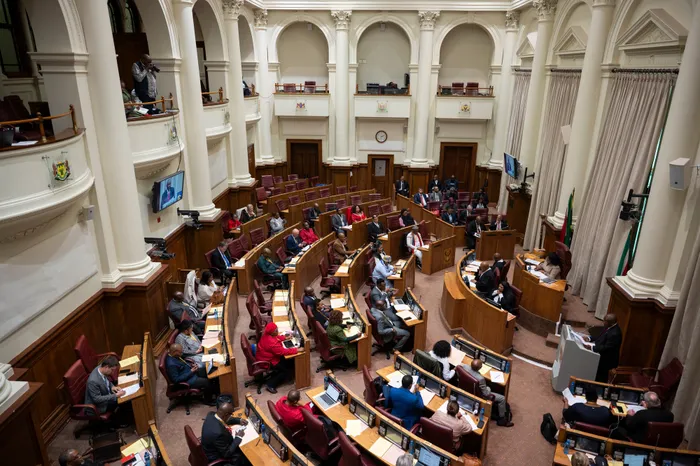EXPLAINER | This is how Parliament approves the National Budget

As the NCOP moves toward its critical vote, the implications of the Appropriation Bill are vast, influencing service delivery and development across the country’s provinces. This decision will ultimately shape the economic and social landscape in South Africa for the financial year ahead.
Image: Armand Hough / Independent Newspapers
The stage is set for a pivotal moment in South Africa’s budget process as the National Council of Provinces (NCOP) gears up to consider and vote on the Appropriation Bill on Wednesday
This action comes on the heels of the National Assembly's (NA) adoption of the bill on July 23, 2025, marking a significant step in the nation's fiscal planning for the coming year.
The NCOP's role is integral in ensuring that provincial interests are adequately represented in the national budget, particularly in the allocation and utilisation of public funds. As a Section 77 money bill originating from the NA, the Appropriation Bill serves as an essential framework allowing the government to utilise specified public funds across various departments and services.
The budget process and the Appropriation Bill
The budget process kicks off each February with the Minister of Finance's presentation of budget documents to Parliament, which includes:
- The Fiscal Framework and Revenue Proposals, detailing the country’s economic outlook and tax policies.
- The Division of Revenue Bill, outlining the distribution of funds among national, provincial, and local governments.
- The Appropriation Bill, which allocates specific monetary amounts to each national department.
Following the tabling of the budget, Parliament must approve the Fiscal Framework within 16 days, after which the Division of Revenue Bill is passed. This sets the stage for the introduction of the Appropriation Bill, essential for funding the operational goals of government departments.
Stages within the NCOP
The NCOP's consideration of the Appropriation Bill unfolds in three main stages, allowing for a thorough examination:
- Consideration by Select Committee: The bill is referred to the Select Committee on Appropriations, where its implications on service delivery and provincial impact are scrutinised. The committee will prepare a report recommending the bill's adoption.
- Consideration of Department Votes and Schedule: Members will assess the budget allocation for each department, referred to as “Votes.” Political parties can express their intentions through declarations of Vote. A total of 90 votes are possible, with each delegate from the provinces holding one vote.
- Final Consideration: After all departmental Votes are adopted, the Select Committee's report on the Appropriation Bill is presented to the House, where a final vote on the bill as a whole occurs.
While the NCOP cannot amend the Appropriation Bill, it may propose amendments. If the bill is rejected, it will be returned to the NA, which possesses the authority to override the NCOP's decision by passing the bill once again.
The finalisation process
The Appropriation Bill will only be regarded as passed once both Houses of Parliament – the NCOP and the NA – have approved it. Upon agreement, the bill is sent to the President for assent, becoming an Act of Parliament. This Act then officially authorises government departments to allocate and spend public funds in line with the budget approved by Parliament.
IOL
Related Topics: